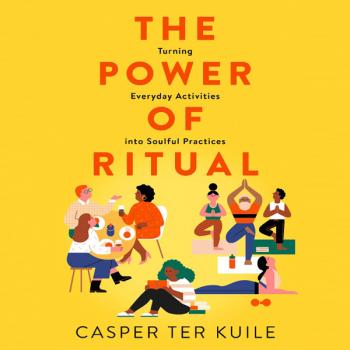“Evangelical scholars should see their work as a contribution to the well-being of the Body of Christ, and their fellow Christians should celebrate the difficult—and often, of necessity, lonely—work of God-honoring scholarship.” — Richard J. Mouw, author and theologian
This month in the Patheos Book Club, we’re talking about a new book on evangelical scholarship by the former President of Fuller Seminary, Dr. Richard Mouw: Called to the Life of the Mind: Some Advice for Evangelical Scholars. In this interview, Dr. Mouw shares some thoughts on the importance of scholarship for evangelical (and all) Christians.
What’s the story behind Called to the Life of Mind?
In my half-century career as an evangelical teacher-scholar, I have seen a wonderful shift away from a dominant evangelical spirit of anti-intellectualism to a more supportive climate for serious scholarly engagement in higher education. This book offers my reflections, with words of counsel and encouragement to the younger evangelicals who are committed to a God-honoring intellectual journey
How and why did you choose the title for the book?
Not all Christians are equipped for a serious “life of the mind,” but for those who are, it ought to be seen as a direct call from God to take intellectual engagement with utmost seriousness
You open the book by saying you were never supposed to be an evangelical scholar. Why not? And what were you supposed to do instead?
My family culture was shaped by the broader evangelical anti-intellectualism. In so far as serious study was considered a good thing, it was as a means to an end—a pragmatic justification. In my case, it meant that I should go to college and seminary in order to follow my father’s path toward ordained ministry. That I would want to teach at a “higher education” level—and, of all things, to teach philosophy (“fool-osophy,” as I had often heard it called)—was unthinkable.
How, in spite of everything, did you end up spending your career as an academic and a philosopher?
The sense of a genuine calling, and the support of my wife, Phyllis, who believed in the strength of that calling, kept me on the path.
Who do you hope will read this book, and what message do you hope they take away from it?
Evangelical scholars should see their work as a contribution to the well-being of the Body of Christ, and their fellow Christians should celebrate the difficult—and often, of necessity, lonely—work of God-honoring scholarship.
What’s something not enough people know about what it means to be an evangelical scholar? To be an evangelical cultivating the life of the mind is to commit oneself to engaging in scholarly pursuits out of a desire to honor Christ’s Lordship over all of life. This means that we must take the Bible with utmost seriousness as our “infallible rule for faith and practice.” But it does not mean that the Bible is a scholarly textbook that provides us with the answers to complex scholarly questions. Rather God’s revelation shines on our intellectual pathway, guiding us in what to take seriously and how to engage in the right kind of critical study and reflection.
In ten words or fewer, what’s the best personal advice you can give to evangelical scholars?
Take on the important challenges. All truth is God’s truth.
Read an excerpt from Dr. Mouw’s new book at the Patheos Book Club here!













